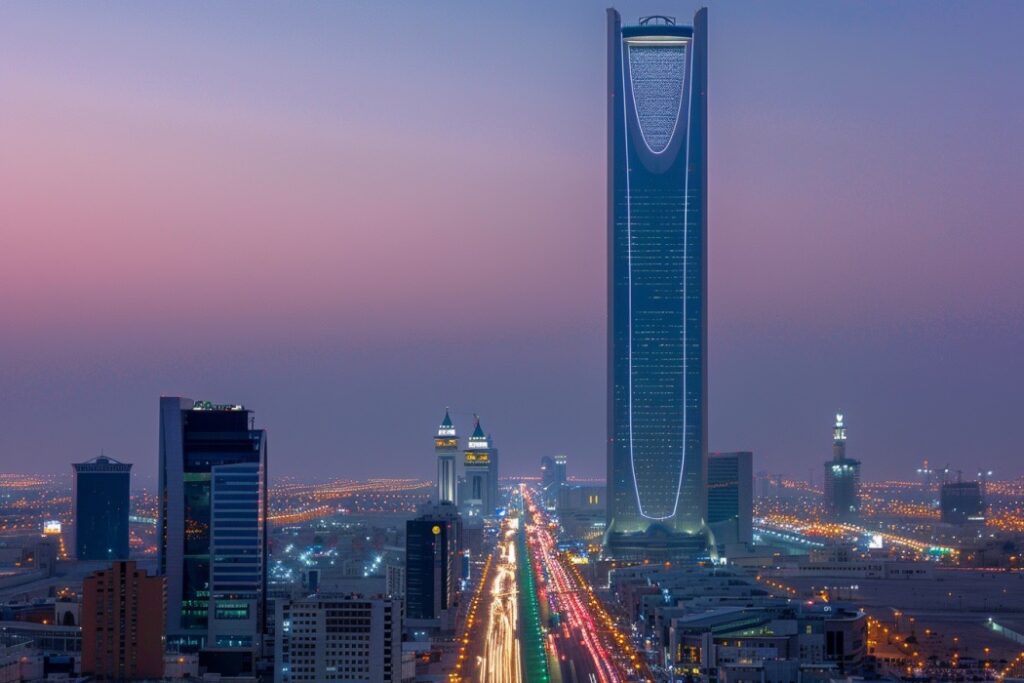Indian Court Extends Arvind Kejriwal’s Custody in Corruption Case
In a dramatic turn of events, an Indian court has decided to extend the custody of opposition leader Arvind Kejriwal until Monday as he faces allegations of corruption.
The Delhi chief minister has vehemently denied accusations of receiving kickbacks related to a now-defunct alcohol sales policy.
This decision comes hot on the heels of the US reiterating its stance on supporting a “fair” legal process in the ongoing case.
Kejriwal’s arrest last week sparked a wave of criticism from opposition parties who believe the government is trying to suppress them in the run-up to the general elections scheduled for April and May.
Appearing in court on Thursday, Kejriwal declared the charges against him as a “political conspiracy” and maintained that there is no substantial evidence to support the allegations.
However, SV Raju, representing India’s financial crimes unit, the Enforcement Directorate (ED), argued that Kejriwal had been “evasive in his replies” during the proceedings.
Following the court session, Kejriwal’s lawyer Ramesh Gupta informed the media that his client is not opposed to being in custody but strongly contests the grounds on which his remand is being sought.
Accusing Prime Minister Narendra Modi’s Bharatiya Janata Party (BJP) of political vendetta, Kejriwal’s Aam Aadmi Party (AAP) is gearing up for a protest rally in Delhi on Sunday against his detention.
The BJP claims that the scrapped alcohol policy, which ended the government’s monopoly on liquor sales, favored private retailers unfairly. The ED has alleged that AAP leaders received kickbacks for use in state elections, a charge vehemently denied by the party.
The US State Department has been closely monitoring Kejriwal’s arrest and the treatment of opposition parties in India. State Department spokesperson Mathew Miller reiterated the importance of fair and transparent legal processes in both cases, sparking some tension between the US and India.
India has been vocal in defending its legal processes and condemning interference from foreign entities. The country also expressed discontent with similar comments from Germany regarding Kejriwal’s case.
Opposition leaders in India have accused the BJP of using investigative agencies to suppress dissent and weaken their parties ahead of the elections. This crackdown on opposition voices has raised concerns globally, with Amnesty International describing the situation as reaching a “crisis point”.



